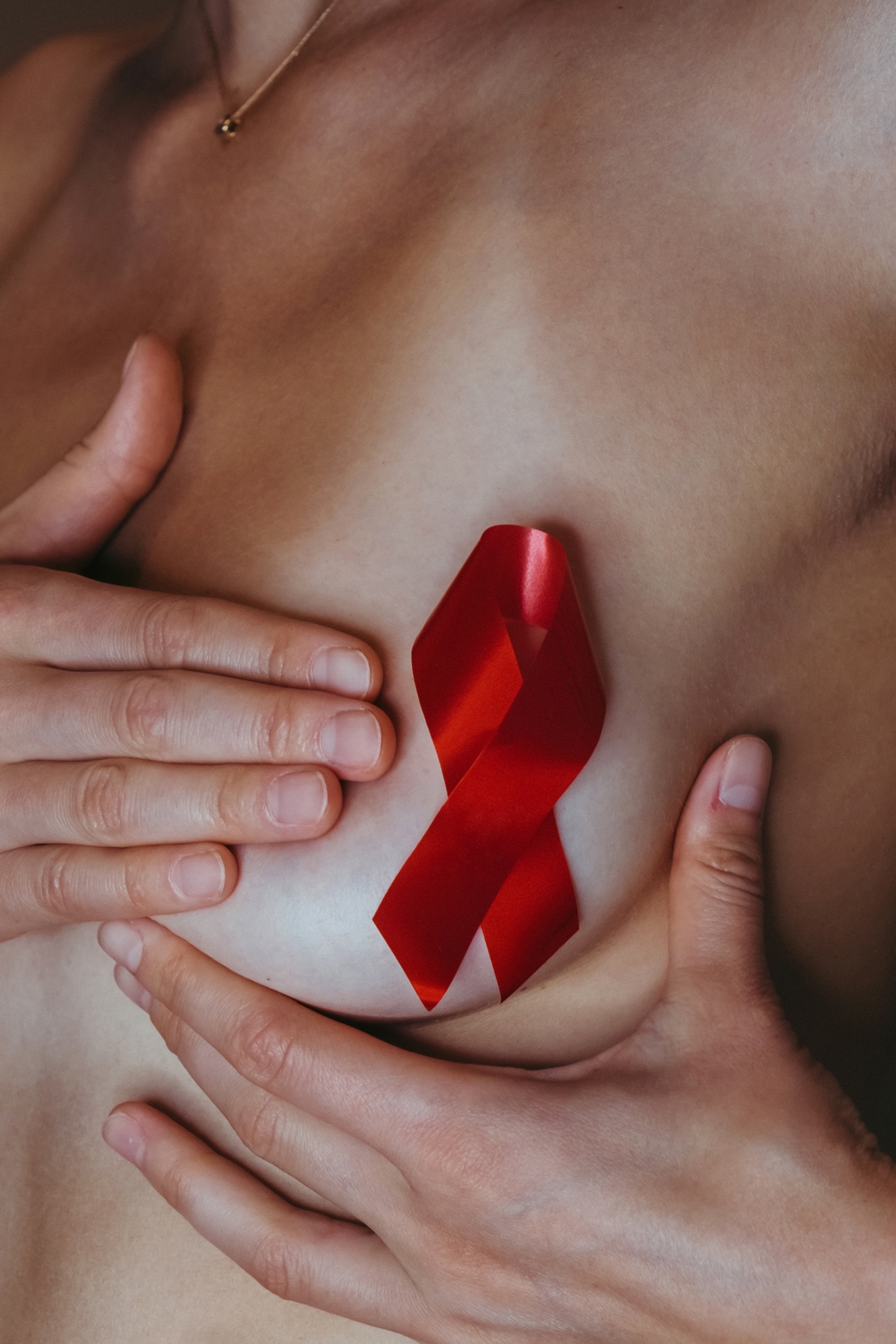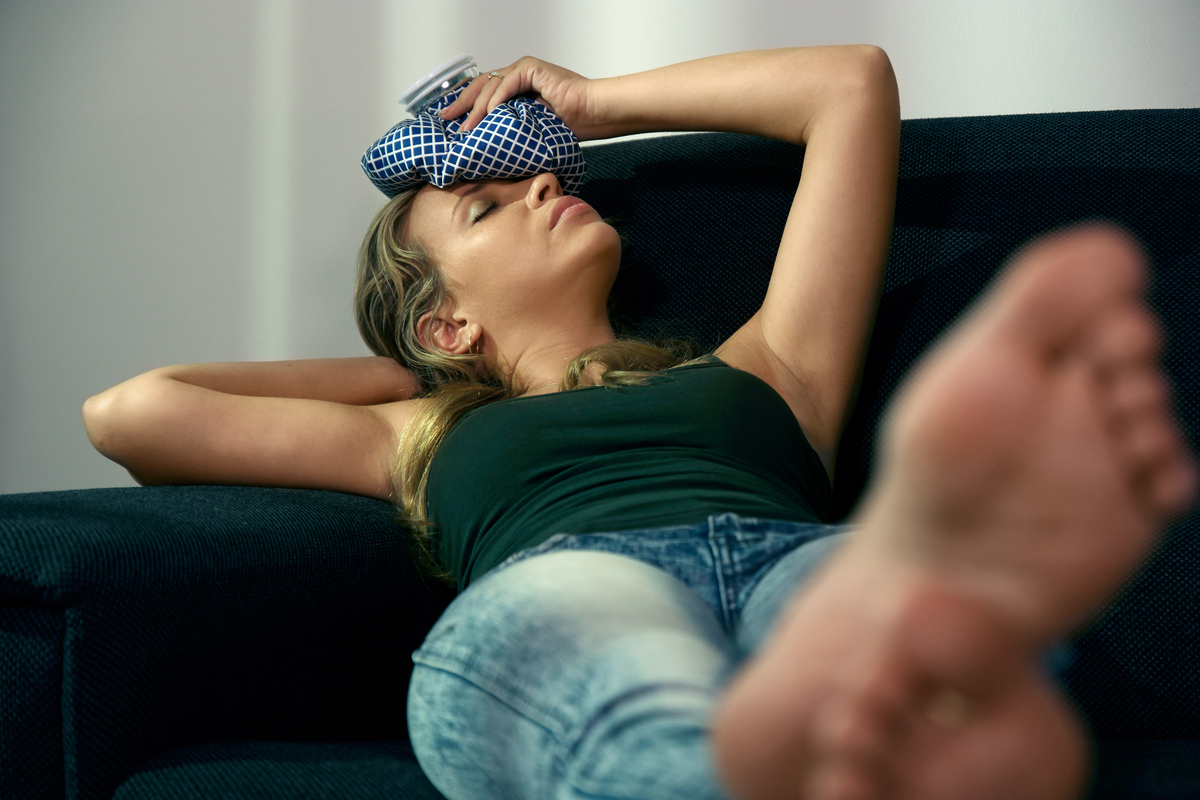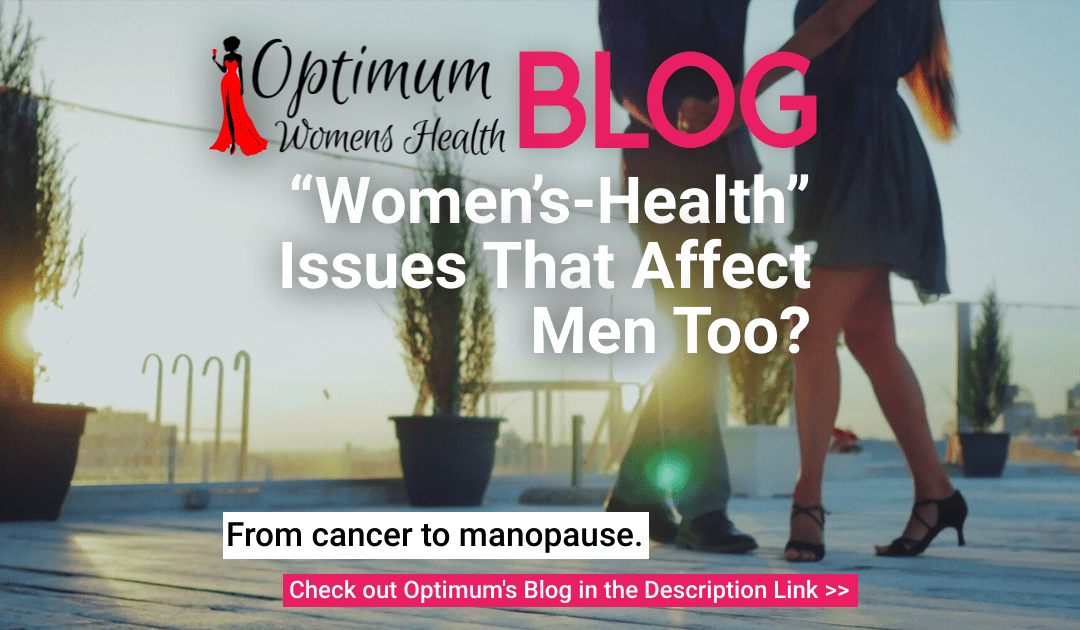In the discourse around health, it can often seem as though men’s health gets neglected. Aside from penis pills and prostate pokes for the guys, women’s-health issues seem to dominate the conversation. Considering that men are infamous for ignoring their own health concerns, and that more advertising dollars get spent on more responsive demographics (i.e., women), there is some truth to that impression. But that’s only half the story.
For too long, men have been led to believe that certain health issues are only for women. In fact, however, gender doesn’t always dictate who has to worry about a particular problem: plenty of those so-called women’s issues actually affect men too. So today we’re going to debunk the myths around three health issues that are supposedly just for women—what guys should know and what they can do.
It’s Not “Just for Men”
From postpartum depression to breast cancer, it’s common knowledge that women can face some heavy-duty health hurdles. But who would’ve thought that many of these same “women’s health” issues actually affect men too? It’s almost as if we’re all humans with similar anatomy or something. So why have these issues been labeled as solely female?

Many health challenges—from infertility to osteoporosis to autoimmune diseases—can strike anyone, regardless of gender. It’s time to ditch the gendered labels and start acknowledging that health is health, regardless of gender. The more we know, after all, the better equipped we are to take care of ourselves and our loved ones. Plus, who wouldn’t love a man who knows his way around a breast self-exam?
Not-So-Girly Cancers

Heads up, guys: pink ribbons aren’t just for the ladies anymore! That’s right, even men are at risk for breast cancer. According to the CDC, about 1% of those diagnosed with breast cancer in the U.S. are men. As with most cancers, early detection is key to maximizing positive outcomes. And with breast cancer, the key to early detection is the good ol’ breast self-exam—as demonstrated here. The symptoms to look for are:
- a lump or swelling;
- redness or flaky skin;
- irritation or dimpling of the skin;
- nipple discharge; and
- pulling in of the nipple or pain in that area.
While we’re talking about equal-opportunity cancers, let’s not forget that HPV (human papillomavirus) can cause more than just cervical cancer. Despite what you may have heard, this common virus can potentially cause multiple types of cancer, including those that affect men too. In fact, my own father is a two-time survivor of HPV-positive throat cancer.
So guys, I could tell you to get tested regularly, wrap it up, all that good safe-sex stuff you’ve heard before. But if you’re not doing that already, you’re not going to start because you read a blog post. What you may not know, though, is that it may not be too late to get vaccinated for HPV and eliminate your risk for those cancers. In the U.S. the FDA’s recommendations for the HPV vaccine are increasingly widening, so talk to your primary-care provider to see whether you’re a good candidate.
Not-So-Manly Bones
It’s a common misconception that only women have to worry about osteoporosis. Surprise! Men are at risk too. Luckily, you can take action to prevent bone-density loss as you age. Hormone-replacement therapies like TRT are an option, but not the only ones. You can also make lifestyle changes like exercising regularly, eating a balanced diet rich in calcium and vitamin D, and quitting smoking. Consider talking to your primary-care provider about testosterone-replacement therapy as well, as it has been shown to help improve bone density in men. The power is in your hands to protect your bones and live life to the fullest.
No-So-Girly Menopause?
Men often feel like the need to be invincible, but the truth is, their bodies go through changes just like women’s do. Believe it or not, male menopause, or “manopause,” is a real thing. It happens when testosterone levels start to decrease with age, beginning as early as our late twenties, and it can lead to symptoms like fatigue, decreased sex drive, and mood swings.
But the good news, like women, is that there are treatments available, such as hormone or testosterone-replacement therapy.

TRT can help men regain their vigor, vitality, and virility. So, if you’re feeling like you or your man has lost the mojo, don’t suffer in silence. You two deserve to feel your best, so talk to your doctor about options and find your couple’s stride again.
Honorable Mentions
Finally, here’s a quick round-up of some health issues that deserve honorable mention. First up, yeast infections. Yep, you read that right: men can get ‘em too. We may call it “jock itch,” but don’t get it twisted, fellas, it’s not just for jocks—and if you have an itchy, irritated groin area, it could very well be a yeast infection. And it’s not just limited to the external groin region: penile yeast infections are a real thing, too—and a real concern, especially for the uncircumcised among us.
Next, despite being commonly associated with women, autoimmune disorders like lupus affect men too. According to the Lupus Foundation of America, around 10% of those with lupus are men.
And last but not least, eating disorders. About one-third of eating-disorder sufferers are male. Though disorders like anorexia and bulimia are popularly seen as affecting women, men suffer from those too. But by far, the most common eating disorder among men is binge-eating disorder.


I know it can feel awkward or embarrassing for men to talk about health certain issues, especially those that are typically associated with women—but trust me, healthcare professionals have heard it all before. Remember, there’s no shame in asking for help; it takes a real man(or woman) to admit when he(or she) needs it. It takes real strength and courage to take charge of your own health. So let’s man or woman up and get the care we deserve so we can live —longer, healthier, better lives.
Are you ready to take control of your health?
Drop by our clinic or book an appointment today!

